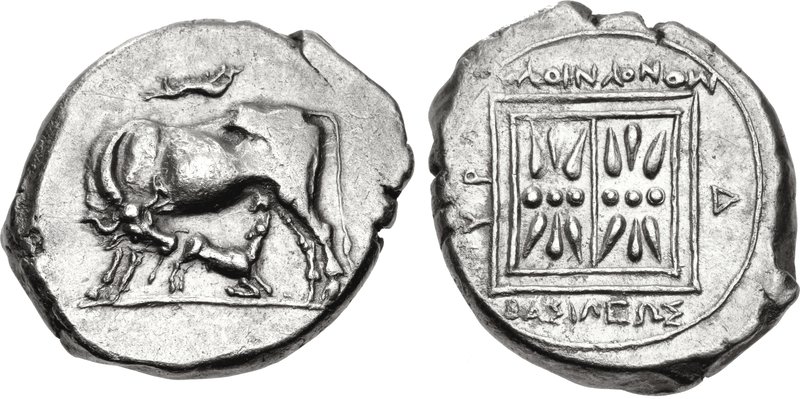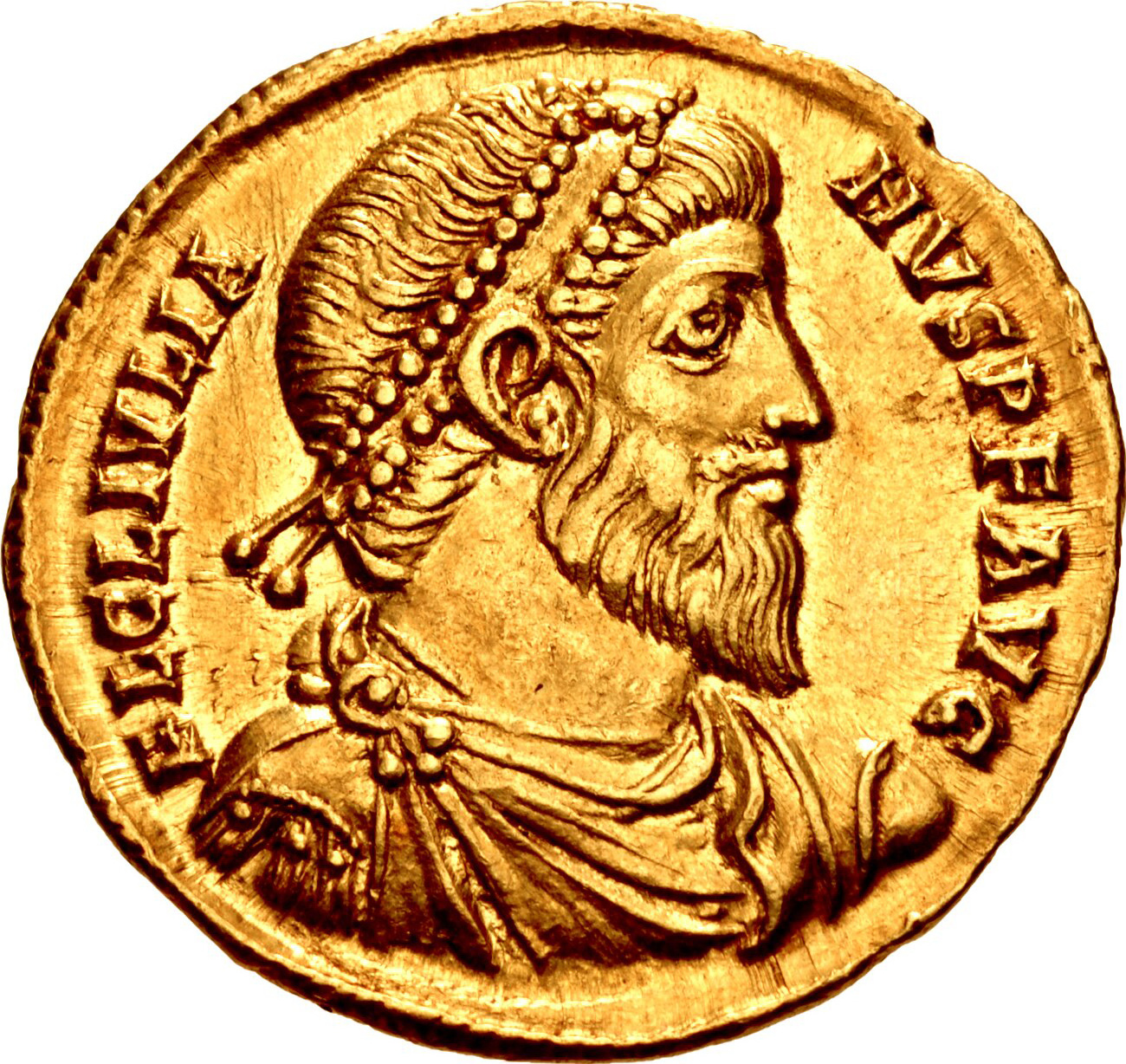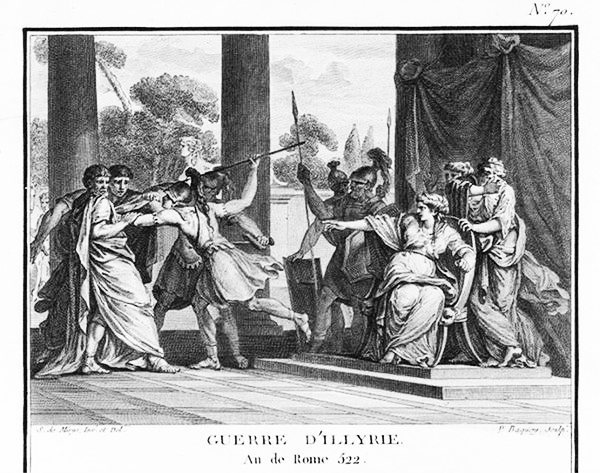|
Pellion
Pelion, also Pellion or Pelium (, ) was an ancient fortified settlement traditionally located in Illyria, near the Tsangon Pass, on the border with Macedonia. Pelion is generally placed in eastern Dassaretis very close to the historical border with Macedonia, however its precise location is uncertain and various theories have been proposed for the site of the settlement. Founded either by the Illyrian king Bardylis or by the Macedonian king Philip II, the fortified site of Pelion had been controlled in different periods by the Illyrian kingdom, the Macedonian kingdom, and Rome. Under the Roman rule Pelion was placed in the autonomous administrative unit of Dassaretis, in Epirus Nova and in the Prefecture of Illyricum. Name Attestation The earliest reference to the settlement is provided by Arrian (''Anabasis'') mentioning it as when describing the 335 BC Illyrian war of Alexander the Great against Cleitus son of Bardylis and Glaukias, king of the Taulantii. The settlement is m ... [...More Info...] [...Related Items...] OR: [Wikipedia] [Google] [Baidu] |
Illyria
In classical and late antiquity, Illyria (; , ''Illyría'' or , ''Illyrís''; , ''Illyricum'') was a region in the western part of the Balkan Peninsula inhabited by numerous tribes of people collectively known as the Illyrians. The Ancient Greeks initially used the term Illyris to define approximately the area of northern and central Albania down to the Aoös valley (modern Vjosa) and the Bay of Vlorë, including in most periods much of the lakeland area ( Ohrid and Prespa). It corresponded to the region that neighboured Macedonia and Epirus. In Roman times the terms Illyria, Illyris, or Illyricum were extended from the territory that was roughly located in the area of the south-eastern Adriatic coast (modern Albania and Montenegro) and its hinterland, to a broader region stretching between the whole eastern Adriatic and the Danube. From about mid-1st century BC the term '' Illyricum'' was used by the Romans for the province of the Empire that stretched along the eastern A ... [...More Info...] [...Related Items...] OR: [Wikipedia] [Google] [Baidu] |
Taulantii
Taulantii or Taulantians ('swallow-men'; Ancient Greek: , or , ; ) were an Illyrians, Illyrian people that lived on the Adriatic coast of southern Illyria (modern Albania). They dominated at various times much of the plain between the rivers Drin (river), Drin (''Drilon'') and Vjosa (''Aoös''). Their central area was the hinterland of Durrës, Epidamnos-Dyrrhachion, corresponding to present-day Tirana and the region between the valleys of Mat (river), Mat and Shkumbin (''Genusus''). The Taulantii are among the oldest attested Illyrian peoples, who established a powerful kingdom in southern Illyria. They are among the peoples who most marked Illyrian history, and thus found their place in the numerous works of historians in classical antiquity. Name The term ''taulantii'' is connected with the Albanian language, Albanian word ''wikt:dallëndyshe, dallëndyshe'', meaning 'swallow'. The ethnonym Chelidonioi also reported by Hecataeus of Miletus as the name of a tribe neighbori ... [...More Info...] [...Related Items...] OR: [Wikipedia] [Google] [Baidu] |
Battle Of Pelium
The Balkan campaign of Alexander the Great took place in 335 BC, against a number of rebellious vassals of the Macedonian kingdom. Alexander successfully pacified each in turn, leaving him free to begin the long-planned invasion of Persia. In 336 BC, while attending the wedding of his daughter by Olympias, Cleopatra and Olympias' brother, Alexander I of Epirus at Aegae, Philip II was assassinated by the captain of his bodyguard, Pausanias. Philip's son, and previously designated heir, Alexander was proclaimed king by the Macedonian noblemen and army.McCarty, ''Alexander the Great'', p. 30-31.* Plutarch, ''The Age of Alexander'', p. 262-263* Renault, ''The Nature of Alexander the Great'', p. 61-62* Fox, ''The Search For Alexander'', p. 72 News of Philip's death roused many states into revolt including Thebes, Athens, Thessaly and the Thracian tribes to the north of Macedon. When news of the revolt reached Alexander he responded quickly. Though his advisors advised him to us ... [...More Info...] [...Related Items...] OR: [Wikipedia] [Google] [Baidu] |
Dassaretii
The Dassaretii (Ancient Greek: Δασσαρῆται, Δασσαρήτιοι, ''Dassaretai'', ''Dassaretioi''; Latin: ''Dassaretae'', ''Dassaretii'') were an Illyrian people that lived in the inlands of southern Illyria, between present-day south-eastern Albania and south-western North Macedonia. Their territory included the entire region between the rivers Asamus and Eordaicus (whose union forms the Apsus), the plateau of Korça locked by the fortress of Pelion and, towards the north it extended to Lake Lychnidus up to the Black Drin. They were directly in contact with the regions of Orestis and Lynkestis of Upper Macedonia. Their chief city was Lychnidos, located on the edge of the lake of the same name. One of the most important settlements in their territory was established at Selcë e Poshtme near the western shore of Lake Lychnidus, where the Illyrian Royal Tombs were built. The Dassaretii were one of the most prominent peoples of southern Illyria, forming an ethni ... [...More Info...] [...Related Items...] OR: [Wikipedia] [Google] [Baidu] |
Andrew William Lintott
Andrew William Lintott (born 9 December 1936) is a British classical scholar who specialises in the political and administrative history of ancient Rome, Roman law and epigraphy. He is an emeritus fellow of Worcester College, University of Oxford. Biography From 1958 to 1960, Lintott was a second lieutenant in the Royal Artillery. After leaving the service, he was an assistant lecturer then lecturer in classics at King's College London from 1960 to 1967. He was lecturer then senior lecturer in ancient history at the University of Aberdeen (1967–81), and a fellow and tutor in ancient history at Worcester College Oxford (1981–2004), where he became a reader in 1996 and a professor in 1999. In 1990, Lintott was a visiting member of the Institute for Advanced Study at Princeton. He was a Hugh Last fellow at the British School at Rome in 1994, and a visiting professor at the University of Texas at Austin in 2002. Lintott edited and contributed to the '' Cambridge Anci ... [...More Info...] [...Related Items...] OR: [Wikipedia] [Google] [Baidu] |
Greek Language
Greek (, ; , ) is an Indo-European languages, Indo-European language, constituting an independent Hellenic languages, Hellenic branch within the Indo-European language family. It is native to Greece, Cyprus, Italy (in Calabria and Salento), southern Albania, and other regions of the Balkans, Caucasus, the Black Sea coast, Asia Minor, and the Eastern Mediterranean. It has the list of languages by first written accounts, longest documented history of any Indo-European language, spanning at least 3,400 years of written records. Its writing system is the Greek alphabet, which has been used for approximately 2,800 years; previously, Greek was recorded in writing systems such as Linear B and the Cypriot syllabary. The Greek language holds a very important place in the history of the Western world. Beginning with the epics of Homer, ancient Greek literature includes many works of lasting importance in the European canon. Greek is also the language in which many of the foundational texts ... [...More Info...] [...Related Items...] OR: [Wikipedia] [Google] [Baidu] |
Justinian
Justinian I (, ; 48214 November 565), also known as Justinian the Great, was Roman emperor from 527 to 565. His reign was marked by the ambitious but only partly realized ''renovatio imperii'', or "restoration of the Empire". This ambition was expressed by the partial recovery of the territories of the defunct Western Roman Empire. His general, Belisarius, swiftly conquered the Vandal Kingdom in North Africa. Subsequently, Belisarius, Narses, and other generals Gothic War (535–554), conquered the Ostrogothic Kingdom, restoring Dalmatia, Sicily, Italian peninsula, Italy, and Rome to the empire after more than half a century of rule by the Ostrogoths. The Liberius (praetorian prefect), praetorian prefect Liberius reclaimed the south of the Iberian Peninsula, establishing the province of Spania. These campaigns re-established Roman control over the western Mediterranean, increasing the Empire's annual revenue by over a million ''solidi''. During his reign, Justinian also subdued ... [...More Info...] [...Related Items...] OR: [Wikipedia] [Google] [Baidu] |
Eastern Roman Emperor
The foundation of Constantinople in 330 AD marks the conventional start of the Eastern Roman Empire, which fell to the Ottoman Empire in 1453 AD. Only the emperors who were recognized as legitimate rulers and exercised sovereign authority are included, to the exclusion of junior co-emperors who never attained the status of sole or senior ruler, as well as of the various usurpers or rebels who claimed the imperial title. The following list starts with Constantine the Great, the first Christian emperor, who rebuilt the city of Byzantium as an imperial capital, Constantinople, and who was regarded by the later emperors as the model ruler. Modern historians distinguish this later phase of the Roman Empire as Byzantine due to the imperial seat moving from Rome to Byzantium, the Empire's integration of Christianity, and the predominance of Greek instead of Latin. The Byzantine Empire was the direct legal continuation of the eastern half of the Roman Empire following the division of ... [...More Info...] [...Related Items...] OR: [Wikipedia] [Google] [Baidu] |
Stephanus Of Byzantium
Stephanus or Stephen of Byzantium (; , ''Stéphanos Byzántios''; centuryAD) was a Byzantine grammarian and the author of an important geographical dictionary entitled ''Ethnica'' (). Only meagre fragments of the dictionary survive, but the epitome is extant, compiled by one Hermolaus, not otherwise identified. Life Nothing is known about the life of Stephanus, except that he was a Greek grammarian who was active in Constantinople, and lived after the time of Arcadius and Honorius, and before that of Justinian II. Later writers provide no information about him, but they do note that the work was later reduced to an epitome by a certain Hermolaus, who dedicated his epitome to Justinian; whether the first or second emperor of that name is meant is disputed, but it seems probable that Stephanus flourished in Byzantium in the earlier part of the sixth century AD, under Justinian I. The ''Ethnica'' Stephanos' work, originally written in Greek, takes the form of an alphabetical ... [...More Info...] [...Related Items...] OR: [Wikipedia] [Google] [Baidu] |
Macedonian Wars
The Macedonian Wars (214–148 BC) were a series of conflicts fought by the Roman Republic and its Greek allies in the eastern Mediterranean against several different major Greek kingdoms. They resulted in Roman control or influence over Ancient Greece, Greece and the rest of the eastern Mediterranean basin, in addition to their hegemony in the western Mediterranean after the Punic Wars. Traditionally, the "Macedonian Wars" include the four wars with Macedonia (ancient kingdom), Macedonia, in addition to one war with the Seleucid Empire, and a final minor war with the Achaean League (which is often considered to be the final stage of the final Macedonian War). The most significant war was fought with the Seleucid Empire, and both this and the wars with Macedonia effectively marked the end of these empires as major world powers, even though neither of them led immediately to overt Roman domination. Four separate wars were fought against the weaker power, Macedonia, due to its geogr ... [...More Info...] [...Related Items...] OR: [Wikipedia] [Google] [Baidu] |
Illyrian Wars
The Illyrian Wars were a series of wars fought between the Roman Republic and the Illyrian kingdom under the Ardiaei and Labeatae. In the ''First Illyrian War'', which lasted from 229 BC to 228 BC, Rome's concern was that the trade across the Adriatic Sea increased after the First Punic War at a time when Ardiaei power increased under queen Teuta. Attacks on trading vessels of Rome's Italic allies by Illyrian pirates and the death of a Roman envoy named Coruncanius on Teuta's orders,Zock, 99. prompted the Roman senate to dispatch a Roman army under the command of the consuls Lucius Postumius Albinus and Gnaeus Fulvius Centumalus. Rome expelled Illyrian garrisons from a number of Greek cities including Epidamnus, Apollonia, Corcyra, Pharos and established a protectorate over these Greek towns. The Romans also set up Demetrius of Pharos as a power in Illyria to counterbalance the power of Teuta.Eckstein, 46–59. The ''Second Illyrian War'' lasted from 220 BC to 219 BC. In 219 ... [...More Info...] [...Related Items...] OR: [Wikipedia] [Google] [Baidu] |
Ab Urbe Condita Libri
The ''History of Rome'', perhaps originally titled , and frequently referred to as (), is a monumental history of ancient Rome, written in Latin between 27 and 9 BC by the Roman historian Titus Livius, better known in English as "Livy". The work covers the period from the legends concerning the arrival of Aeneas and the refugees from the fall of Troy, to the city's founding in 753 BC, the expulsion of the Kings in 509 BC, and down to Livy's own time, during the reign of the emperor Augustus. The last event covered by Livy is the death of Drusus in 9 BC. 35 of 142 books, about a quarter of the work, are still extant. The surviving books deal with the events down to 293 BC (books 1–10), and from 219 to 166 BC (books 21–45). Contents Corpus The ''History of Rome'' originally comprised 142 "books", 35 of which—Books 1–10 with the Preface and Books 21–45—still exist in reasonably complete form. Damage to a manuscript of the 5th century resulted ... [...More Info...] [...Related Items...] OR: [Wikipedia] [Google] [Baidu] |










